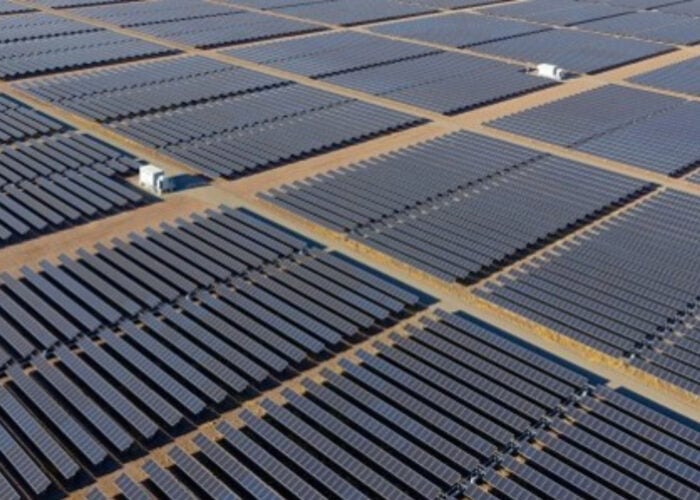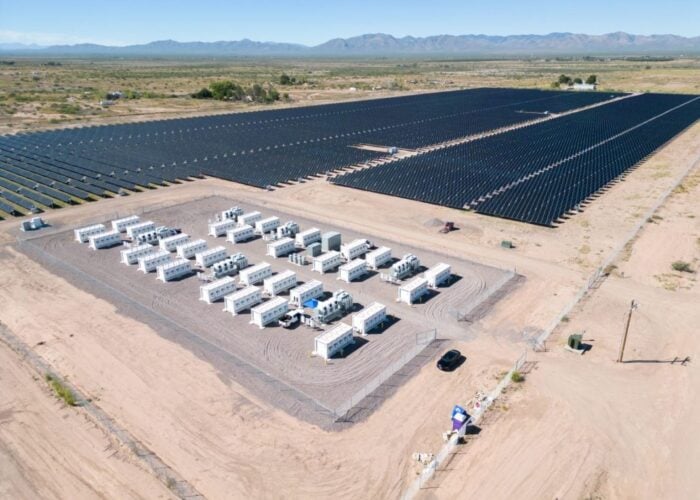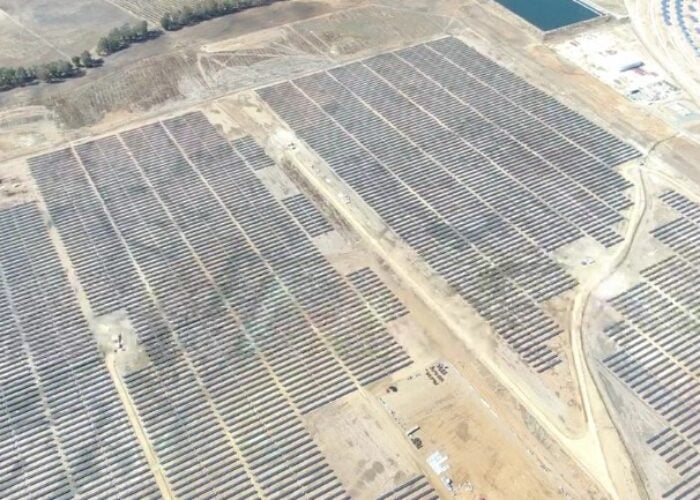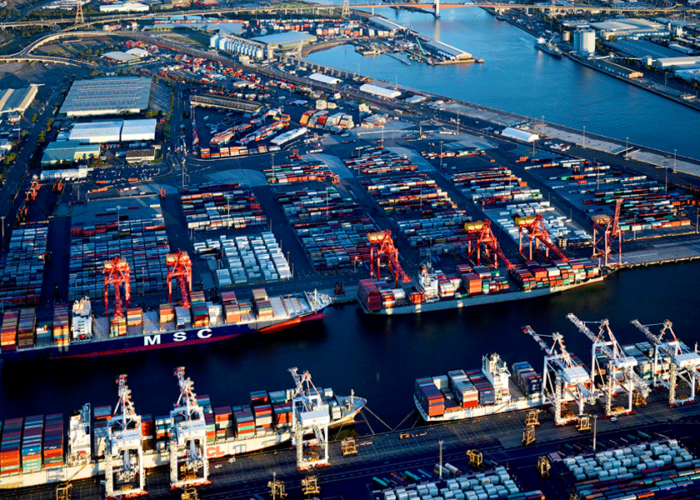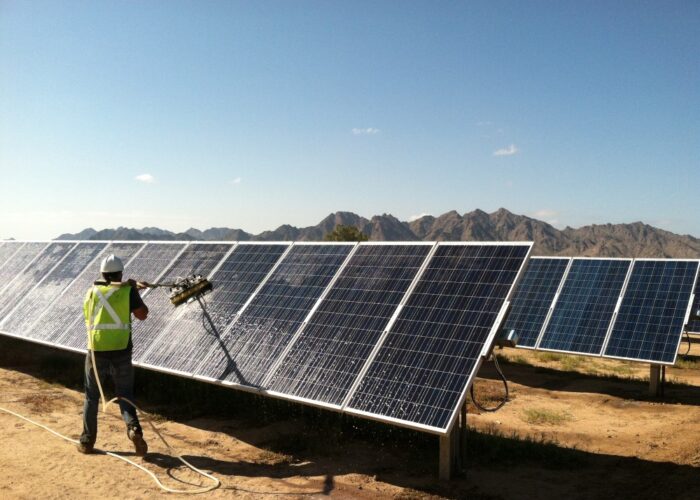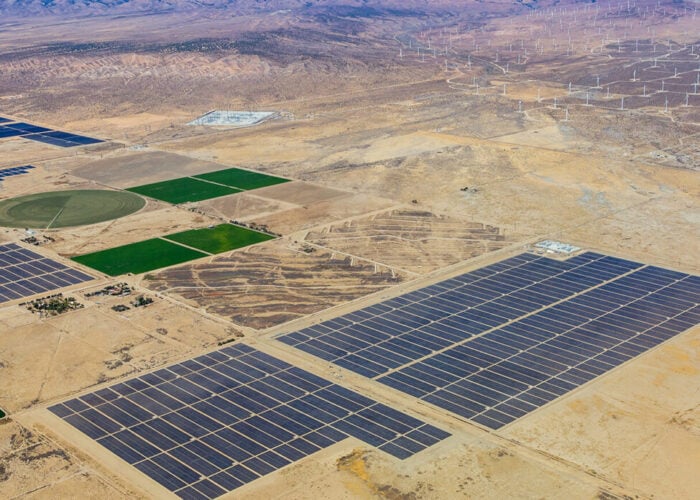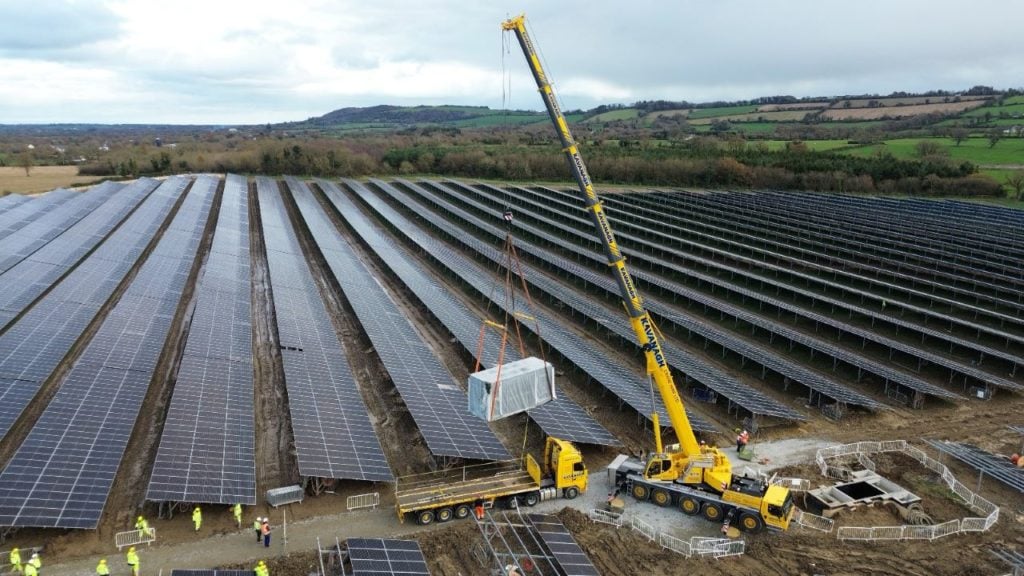
Despite having a healthy solar target, Ireland’s most recent renewable energy capacity auction saw a disappointing result for PV. Lena Dias Martins looks at the obstacles causing delays and barriers to the rollout of solar on the Emerald Isle.
In a nation boasting a 5,585MW installed wind energy capacity, according to Wind Energy Ireland, solar may appear as an overshadowed technology; however, Ireland’s solar market is on a steady growth trajectory.
Unlock unlimited access for 12 whole months of distinctive global analysis
Photovoltaics International is now included.
- Regular insight and analysis of the industry’s biggest developments
- In-depth interviews with the industry’s leading figures
- Unlimited digital access to the PV Tech Power journal catalogue
- Unlimited digital access to the Photovoltaics International journal catalogue
- Access to more than 1,000 technical papers
- Discounts on Solar Media’s portfolio of events, in-person and virtual
Or continue reading this article for free
In order to support its renewable market, especially solar, Ireland launched its first Renewable Electricity Support Scheme (RESS) auction in 2020, a government subsidy scheme, similar to the UK’s Contracts for Difference (CfD), which allows renewable projects to bid in auctions for contracts to provide electricity at a guaranteed price.
The first auction round (RESS-1) guaranteed solar up to 10% of the available capacity. Instead, solar superseded expectations winning 796MW – 34% of the overall auction energy volume – at an average strike price of €72.92/MWh (US$79.65/MWh), overtaking onshore wind which secured 479MW.
Unfortunately, after an extremely successful RESS-2 – which awarded a total solar capacity of 1,534MW – the third auction saw a significant decline in awarded solar capacity. The decrease was alluded to when the Irish government – announcing RESS-3’s provisional results – voiced its concern that only 1GW of the 3GW of eligible projects decided to compete in the auction.
These fears were confirmed when, in October 2023, Irish grid operator EirGrid confirmed that only 20 solar projects with a total capacity of 497.49MW were successful in the third auction. The largest of these being the 101.1MW Tracystown Solar Park, submitted by ESB Solar (Ireland).
The Irish Solar Energy Association (ISEA) attributed these results to an “overly rigid” auction design plagued by “unavoidable systematic failures”. One of these alleged failures was that the auction price cap was published only after developers would have faced a penalty for not bidding, leaving the industry to gamble on the viability of their investment.
Another hurdle for developers wishing to bid in the RESS is a penalty sanctioned if project development delays occur, despite many of the causes of these delays being outside of their control.
Last December the Irish government increased its renewable capacity target from 15GW in Climate Action Plan 2021 (CAP21) to 22GW in CAP23, so as to reach an 80% renewable electricity share by 2030. This catapulted the solar capacity target from 1.5-2.5GW in CAP21 to 8GW. It is imperative to Ireland’s solar industry and its renewable targets that these issues are addressed.
As of October 2023 Ireland has 349MW of utility-scale solar connected to the grid, according to the ISEA’s ‘Scale of Solar’ report. However, according to market researcher Cornwall Insight’s July 2023 ‘All-Island forward curve’ report, each RESS action must now secure a total of 1,700MW of solar capacity to achieve its renewable capacity goal – a target missed in RESS-3.
To reach its 8GW solar target, Ireland must capitalise on the opportunity presented by the early success of the RESS and tackle any challenges disincentivising investment in solar and slowing potential projects down.
In this article, PV Tech explores what challenges developers face when building solar in Ireland and what role the technology will have in securing net zero for the country.
Planning and pricing delays
Throughout the industry, delays have been identified as one of the most pressing hurdles to overcome within the Irish solar market.
This encompasses a number of separate issues, the first of which is delays in the planning permission process. Planning processes can be trying for developers in any country, but it’s particularly tricky for those looking to build solar in Ireland as only shovel-ready projects with planning permission and a grid offer from EirGrid are eligible to compete in the RESS auction. This was a new rule implemented for RESS-3.
Unfortunately, in the current climate where planning delays are becoming increasingly common, this restriction is having a negative effect on projects wishing to bid in RESS.
“The planning delays are very serious. There seems to be a black box in terms of timelines from when an application is submitted to receiving a result, and then the appeals and judicial review processes commence,” says Lisa Foley, principal consultant at Cornwall Insight Ireland.
Ørsted was among the successful bidders in RESS-3, securing contracts for two of its projects, the 81MW Garreenleen solar project in Carlow and the 43.2 MW Farranrory onshore wind farm.
Despite this success, the renewable energy developer notes that the Irish government is not enabling its own renewable ambition in setting planning permission requirements for the RESS and attributed these tough rules to the decrease in successful renewable projects.
“The level of ambition set in Irish policy does require an efficient planning system to ensure that timely decisions are made on renewable projects of strategic value to the Irish State,” says TJ Hunter, senior director for development and operations UK & Ireland at Ørsted.
This sentiment was echoed by Foley who tells PV Tech that the shovel-ready requirement for projects has “limited the possible pool of participants” within RESS.
Fellow developer Power Capital was also successful in its RESS bid for two solar projects; however the developer reveals that it had “multiple” projects in the wings awaiting grid offers that weren’t able to bid in RESS-3.
“If the Terms & Conditions were similar to RESS-2, the auction would likely have been double in size, closer to the 3GW of eligible projects,” says Bill Senior, director of operations at Power Capital.
A strong feeling within the industry is that the strict planning restrictions for RESS-3 bids penalises developers for factors outside of their control.
“The continuing delays we experience in reaching planning decisions and grid offers, both of which are outside the control of developers, are reflected in the drop in volume of renewable power offered in RESS-3,” continues Hunter.
Citing the same hurdles as Ørsted, Senior says that RESS-3 ought to have permitted projects pending grid connections to bid, as well as “more flexibility on non-contestability timings for connecting to the grid”.
Following a review of the planning process in 2022, the Irish government published a new Planning and Development Bill in November 2023, which introduced statutory timelines for decision making and a reform of the judicial review process to increase certainty across the planning system.
Another delay affecting RESS-3 bids was the Auction Price Cap – the maximum bid permitted to a developer – which was only published after developers would have faced a penalty either for failing to bid or withdrawing an existing bid.
Conall Bolger, CEO of the ISEA recognises that this left the industry little choice but to “gamble significant sums of money with no knowledge if their investment will be viable or not”.
“The developer of any renewable project wants to ensure it is up and running as soon as possible. But the reality is that delays, at the hands of state institutions, make that challenging for many. Delays in planning and receiving the required connections to the national electricity grid are entirely out of developers’ hands and entirely within the state’s,” Bolger continues.
“Yet it is the developer who will be sanctioned by the state for the state’s own failings if a delay occurs. A failure to account for these state-inflicted problems will have limited the number of projects bidding in this RESS auction.”
The role of solar in securing energy security for Ireland
The carbon intensity of Ireland’s electricity is amongst the highest in Europe sitting at 331g CO2/kWh in 2022, according to the Environmental Protection Agency.
Hunter notes that this is a particular concern during amber alerts – which occurred several times in Ireland during summer – where wind speeds are low and the cost of electricity remains high due to an “over-reliance on fossil fuels”. Increasing the country’s solar capacity will help mitigate this, providing energy during calm, sunny days.
“One of the big advantages of solar power to meeting our renewable energy targets is that it is often fast and comparatively less complex to deliver,” says Hunter, adding that the company is expecting to begin construction of the 81MW Garrenleen solar farm – approved in RESS-3 this September – in Spring 2024, pending a final investment decision.
The site is hoped to be fully operational within two years, illustrating the speed at which solar can begin supplying clean, cheap power to Ireland.
Foley adds the consideration of Ireland’s geography: “As an island nation on the edge of Europe, Ireland is exposed from a security of supply perspective, and we see solar energy as the fastest way to address these joint challenges.”
Holding an ambitious solar target of 8GW, Ireland maintains an attractive solar market, as the country looks to diversify its electricity supply and hedge electricity costs.
The RESS remains one of the most appealing routes to market for developers, as Foley points out, although corporate power purchase agreements (CPPAs) are also viewed as a viable route to market, despite being less lucrative or assured than the RESS and investors lean towards certainty.
“Corporate power purchase agreements do however tend to be indexed linked,” adds Foley. “It may be that choosing between the either-or option of RESS or CPPA might not be the answer, there may be synergies that could be established between the RESS and the CPPA processes that might encourage participation.”
Both Ørsted and Power Capital reveal to PV Tech that they will continue to build solar in Ireland, with the latter featuring a 2GW pipeline of solar and battery hybrid projects in the country.
Ørsted has secured planning permissions for a 160MW solar farm in Carlow and a 55MW farm in Cork. Additionally, in September 2023 the developer announced a new partnership with Terra Solar to develop a portfolio of solar projects in Ireland with a combined capacity of up to 400MW.
“When assessing different markets and their potential, a key consideration is whether solar energy is supported in policy,” adds Hunter.
To that effect, Hunt concludes, the Irish government’s increased solar target of 8WG by 2030 – alongside the government support offered by the RESS scheme, despite its drawbacks – sends “a clear signal to the market”.

